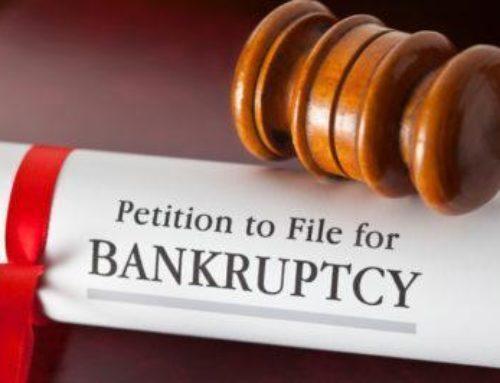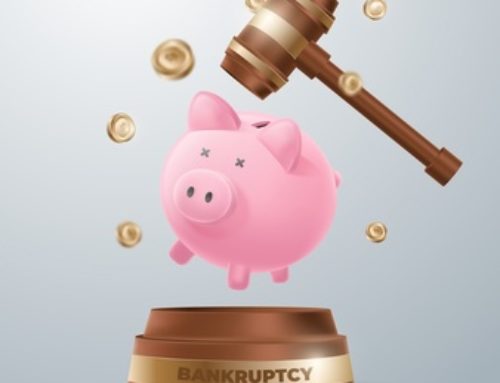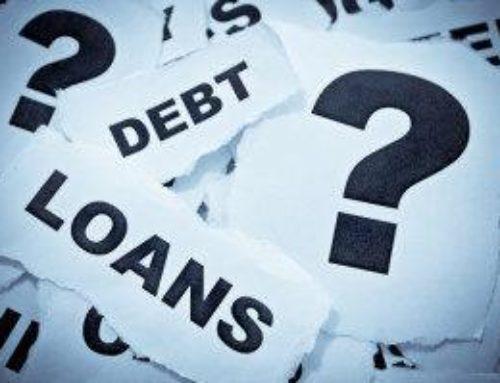With so many people filing bankruptcy year-round, a lot of questions on how to file bankruptcy cases are also being asked. People considering bankruptcy are often not familiar with what to prepare before bankruptcy, specifics of the actual bankruptcy procedure, and what they can look forward to after bankruptcy. As such, before filing, you should seek legal help from an experienced bankruptcy lawyer. He or she would help filers like you to be more familiar with the various bankruptcy forms, terms, and requirements.
Why do a lot of people with financial problems look into filing a Bankruptcy Chapter 7?
On top of bankruptcy protection (or automatic stay, which can also be seen in other chapters), bankruptcy filings under Chapter 7 are preferred by those seeking to have their debts forgiven. Through the bankruptcy discharge, you may have the court wipe out certain types of debts.
When you file for bankruptcy under Chapter 7, you would not have to pay your creditors if you owe them dischargeable debts. Such bankruptcy discharge is arguably the best way to have your debts wiped out.
Two common types of bankruptcy are consumer and business bankruptcy. If you are bankrupt and most of your problems involve medical debts or credit card debts, you must prepare for filing a consumer bankruptcy case. Unless you would want to stop foreclosure of certain personal property, you would likely prefer filing for bankruptcy under Chapter 7. However, to qualify for such debt settlement, you must first meet certain requirements set by the bankruptcy code. One of these is passing the means test.
What is the bankruptcy means test and how will it affect my bankruptcy petition?
 Through paperwork submitted to the bankruptcy court, the means test will determine if the disposable income of a debtor is enough to pay off what is owed to a creditor. Several forms are involved in this bankruptcy procedure.
Through paperwork submitted to the bankruptcy court, the means test will determine if the disposable income of a debtor is enough to pay off what is owed to a creditor. Several forms are involved in this bankruptcy procedure.
In a Form 122A-1 or Chapter 7 Statement of Your Current Monthly Income or Form, your income (supported by documents from six months before the bankruptcy filing) will be compared to the state median income. If it is below the median, you pass the test and you may file for bankruptcy under Chapter 7. Otherwise, bankruptcy law requires a second form.
In a Form 122A-2 or Chapter 7 Means Test Calculation, allowed living expenses such as taxes, utilities, or mortgage payments will be subtracted from the income specified in the first form. If your disposable income is not enough to repay what you owe to a lender, you pass the test. Pursuant to the bankruptcy act, you can go on with filing Chapter 7 and have certain debts discharged.
What do bankruptcy laws define as current monthly income?
Current monthly income or CMI refers to the mean monthly income received during the six full months before filing your bankruptcy petition. Below is a non-exhaustive list of income that must be included:
– Salary, wages, bonuses, tips, commissions, or overtime pay
– Income from a profession or business
– Dividends, interest from investments, or royalties
– Real property income or income from rents
– Retirement income or pensions
– Contributions to the expenses of the debtor and his or her dependents, such as alimony or child support
– Unemployment compensation, annuity payments, or state disability insurance
For questions on CMI, the means test, or filing bankruptcy Chapter 7, seek legal help from a trusted bankruptcy attorney. If you are seeking debt relief, are planning to file for bankruptcy, or would want to clarify how the bankruptcy process can give you a fresh start financially, call us at Thomas E. McIntire & Associates, L.C.




